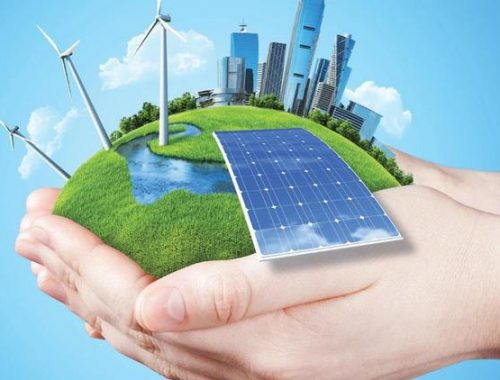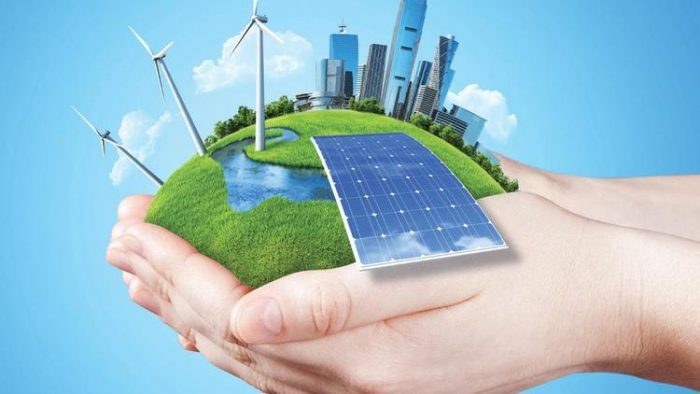Water scarcity is no longer a future concern, it’s a present-day reality affecting households, agriculture, and industries across regions already vulnerable to climate extremes. With shifting weather patterns and prolonged droughts becoming more frequent, smart water systems are stepping in as intelligent solutions to these mounting challenges.
From automated irrigation to AI-driven leak detection, smart water technologies are enabling faster, more accurate, and sustainable water management. These innovations are not just helpful, they’re vital in adapting to a climate-constrained world.

Climate Change and Water Stress
Drought conditions are emerging more frequently and lasting longer. Seasonal rains are less predictable, and existing infrastructure often fails to handle the strain. In areas that rely heavily on rain-fed agriculture or limited water networks, the effects can be devastating.
This is where smart water systems play a transformative role. They provide real-time control and data insights that allow both public and private sectors to manage water use efficiently, even when supplies are low or unpredictable.
Smarter Irrigation, Better Yields
Agriculture accounts for the majority of water use in many regions. But much of this water is lost to inefficiencies: overwatering, leaks, or simply watering at the wrong time of day. Smart irrigation systems help resolve this.
With the help of soil sensors, weather forecasting, and timed automation, these systems deliver only the water that’s needed, when it’s needed. This not only conserves a vital resource but also improves crop performance and reduces operational costs for farmers and cooperatives.
Urban Water Management Gets an Upgrade
In towns and cities, water systems face different challenges: aging infrastructure, growing demand, and loss through leakage or theft. Smart water networks allow municipalities and utilities to detect problems early and act quickly.
Automated valves, pressure sensors, and cloud-connected dashboards allow technicians to monitor water flow across entire neighborhoods. When a leak is detected, alerts are sent instantly, and response teams can act before significant damage or loss occurs.
These systems also help manage consumption by providing households with insights into their water use, encouraging more responsible habits, especially during dry spells.
Emergency Preparedness and Drought Resilience
In areas frequently hit by drought or climate shocks, smart water systems help communities stay ahead of crises. Solar-powered water pumps with built-in control panels, automated tank monitoring, and mobile access allow for early intervention when water levels drop.
These systems operate effectively in rural villages, remote schools, and health centers, places that can’t afford lengthy downtimes or unreliable water supply. With proper training and support, local users manage operations independently, even without a technical background.
Sustainability Meets Technology
Smart water systems align with sustainability goals by minimizing energy consumption, running on solar power, and reducing water waste to nearly zero. Over time, they ease the strain on boreholes, rivers, and national water grids, giving ecosystems the chance to recover while still meeting community needs.
These solutions also promote maintenance-friendly designs. Monitoring tools help users detect issues early, reducing the risk of sudden breakdowns and extending the system’s lifespan, maximizing the value of community and institutional investments.
Spenomatic Kenya Limited’s Role in the Transition
As a leader in water engineering, Spenomatic Kenya Limited continues to drive the shift toward smarter, more adaptive water systems. Our team delivers integrated solutions, including solar-powered pumps, digital monitoring tools, and intuitive control interfaces.
We’ve implemented a wide range of projects, from institutional water systems to farm-level irrigation upgrades. Our smart water setups adapt to local conditions, providing resilience and reliability in unpredictable climates. Through strong partnerships and ongoing training, we ensure these technologies stay functional and well-maintained for long-term impact.
Conclusion
As the climate becomes more erratic and water stress intensifies, smart water systems offer a practical path forward. Their role extends beyond just convenience, they offer real, measurable value in preserving a resource that communities depend on every day.
From farms to cities, and in emergency settings or long-term planning, these systems help optimize every drop. And with forward-looking providers like Spenomatic Kenya Limited stepping in, the journey toward water security is not only possible, but also already underway.
FAQs
1. What makes a water system “smart”?
Smart water systems use technology like sensors, automation, and real-time data to monitor and manage water efficiently.
2. How do smart water systems help during droughts?
They conserve water by optimizing usage, detecting leaks early, and using solar-powered systems that remain functional even in off-grid areas.
3. Are smart water systems expensive to maintain?
Many are designed for low maintenance and include alerts that notify users of issues early, reducing the risk of costly breakdowns.
4. What kind of smart water solutions does Spenomatic Kenya Limited offer?
We provide solar-powered pumping systems with digital monitoring, smart irrigation solutions, and support for remote control and automation.
5. Why should communities choose Spenomatic’s water tech?
Our systems are built for real-world needs, with local support and training that ensures long-term success, not just installation.

